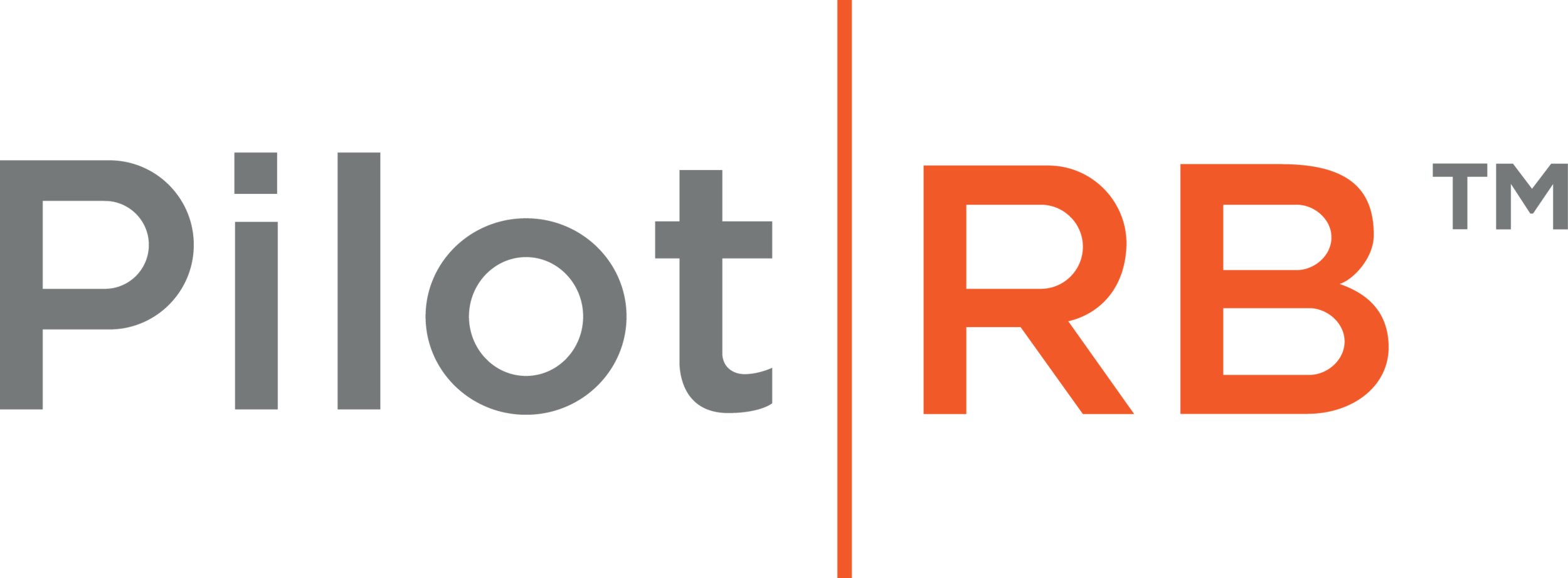ARPA Signed; 100% COBRA Subsidy Through September 2021
The American Rescue Plan Act has been signed into law. Notably for employers, the Act increases the Dependent Care FSA amount allowed for 2021, extends tax credits for optional FFCRA type paid leave, and includes a 100% COBRA subsidy for qualified beneficiaries whose COBRA event was an involuntary termination of employment, or involuntary reduction in hours only.
Voluntary Paid Leave for COVID-19
Employers that voluntarily continue to extend FFCRA type paid leave for employees impacted by COVID-19, may receive tax credits (against the employer’s Medicare Hospital Insurance taxes) for the leave through September 30, 2021.
DCA Increase
The dependent care FSA (DCA) 2021 contribution limit will increase from $5,000 to $10,500 for married couples that file jointly. This is an optional change for employers to adopt and plan documents will need to be updated accordingly.
COBRA Subsidy
Involuntarily terminated employees and their dependents who have already elected, or could still elect to enroll in COBRA, are eligible for the 100% subsidy. These beneficiaries will pay 0% of the total COBRA premium for the plans they are enrolled in (or the plans they are eligible to enroll in, based on their plan election as of the time of their termination*), with a 100% subsidy being paid by the employer. Employers will claim a quarterly tax credit against the Medicare payroll tax for the premium amounts they have paid. If the premiums paid exceeds the quarterly Medicare payroll tax, the excess will be treated as an overpayment, refundable in accord with certain sections of the IRC.
Terminated employees who have not elected COBRA, and are still within their 18 month COBRA period, will receive a new COBRA election notice, and 60 days from April 1 to elect COBRA and receive the subsidy. The new 60 day special election allows these individuals to make a prospective COBRA election for the period beginning April 1, 2021, without requiring payment of premiums retroactive to the original COBRA event date. The coverage will in this case not be retroactive, and will extend prospectively only.
It’s important to note that the maximum COBRA duration is not extended by the ARPA subsidy, and will still be measured from the date of the original COBRA event. The subsidy only applies to the 18 month Federal COBRA period, not to any additional 18 month extension available under various state laws (note the subsidy does apply to small groups subject only to state mini-COBRA laws).
Employers (or their COBRA administrators) will need to notify individuals that receive the subsidy, at least 15 days prior to the expiration of the subsidy (so no later than September 15, 2021, unless an individual's 18 month COBRA period ends sooner).
Plan administrators are required to begin notifying eligible individuals of the COBRA subsidy. The DOL will provide a model special enrollment notice for this purpose sometime in April. The subsidy begins on April 1, and ends on September 30, or when the beneficiary’s maximum Federal COBRA coverage period ends (whichever is sooner). Additionally, the subsidy will end if the beneficiary becomes eligible for another group health plan, or becomes eligible for Medicare.
As employers await the DOL model notice, it is a good time to identify which individuals have been involuntarily terminated, or had involuntary reduction in hours, within the last 18 months. Notifications will need to go out to all these individuals, in addition to those who are already actively enrolled in COBRA, with an involuntary termination or reduction in hours as their COBRA event. Concerns over adverse selection and negative claims experience are discussion points for the insurance carriers to address in the coming months.
*The law appears to offer employers the option to permit individuals to change their plan tier or plan election upon their special COBRA election. If an employer chooses to allow this, individuals could choose a different plan from what they were enrolled in when actively employed, when making their COBRA election. The law seems to indicate this tier change will only be permissible to the extent that the new plan choice is the same cost, or less expensive, than the original plan election. For example, if an employee was enrolled in single coverage at the time of their COBRA event, and now wishes to enroll in family coverage, the subsidy would only apply to the premium for single coverage and the individual would need to pay the premium difference for the family coverage.
